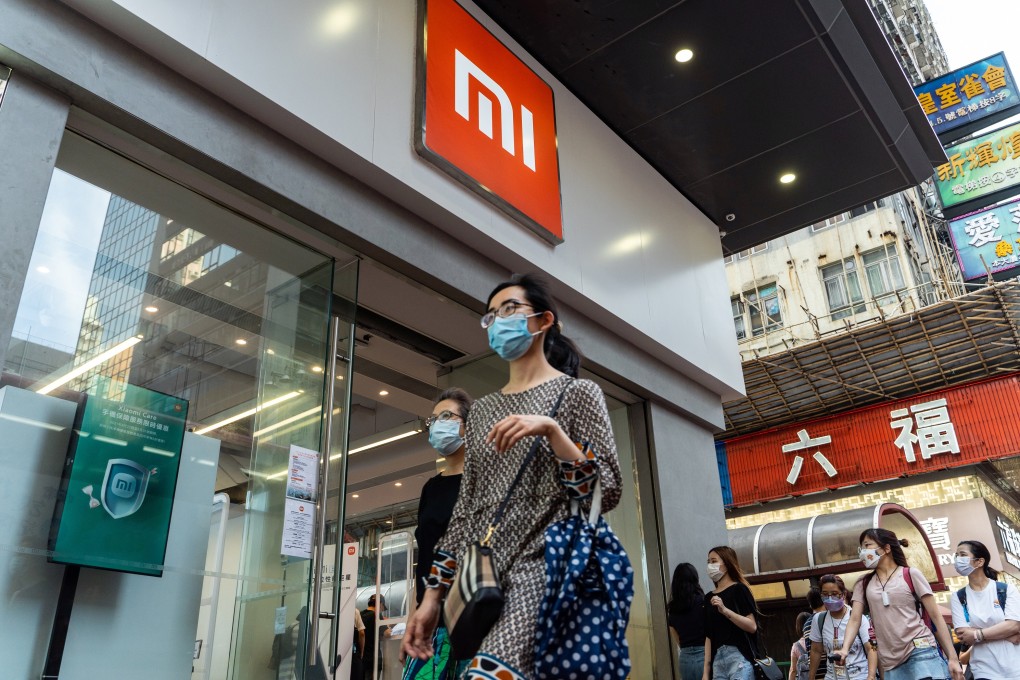Xiaomi keeps eye on global chip shortage as smartphone giant beats first-quarter earnings estimates
- Smartphone giant Xiaomi’s first-quarter profit beat market estimates to reach US$1.2 billion
- Revenue in the March quarter hit US$12 billion on expanded sales worldwide

Beyond its strong earnings results last quarter, the company reiterated its concerns about the ongoing global chip shortage. “The increase in semiconductor prices is a challenge for all manufacturers,” Xiaomi president Wang Xiang said in a conference call on Wednesday after the market closed.
The Beijing-based company, which was the world’s third-largest smartphone vendor in the first quarter, reported on Wednesday a better-than-expected net profit of 7.8 billion yuan (US$1.2 billion) in the three months ended March 31, up from 2.15 billion yuan in the same period in 2020. That surpassed the consensus market estimate of 5.07 billion yuan from a Bloomberg poll of analysts.
Revenue jumped 54.7 per cent to 76.9 billion yuan, from 49.7 billion yuan a year earlier, on the back of strong domestic and overseas smartphone shipments. That was higher than the market forecast of 74.38 billion yuan.

Xiaomi will keep its target of 200 million smartphones shipped this year, despite increased competition and rising operating costs, according to Wang. “Our performance depends on whether we can execute well in developing our smartphone and IoT [Internet of Things] businesses, covering both high- and low-end products,” Wang said. “In China, we must also do well in our offline business.”